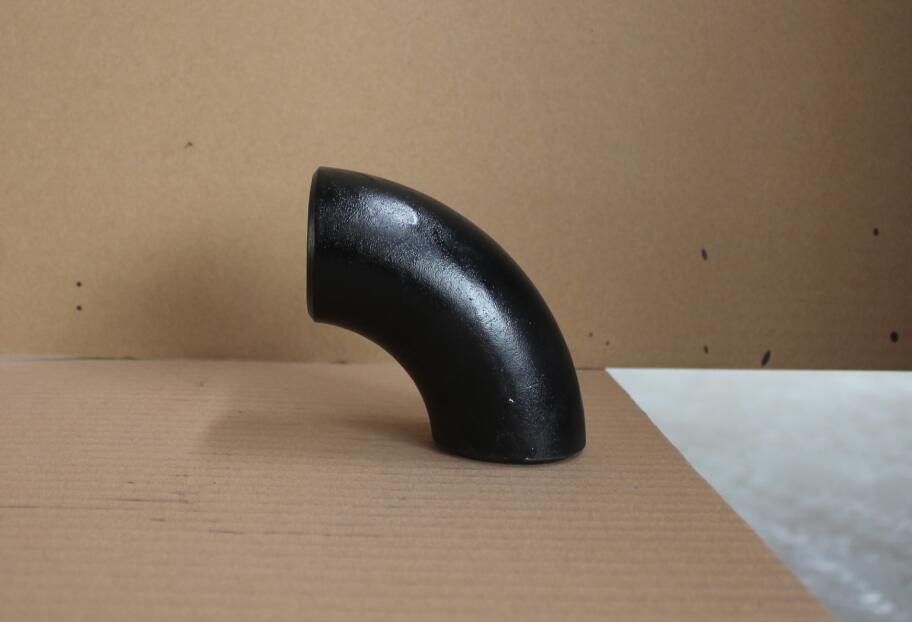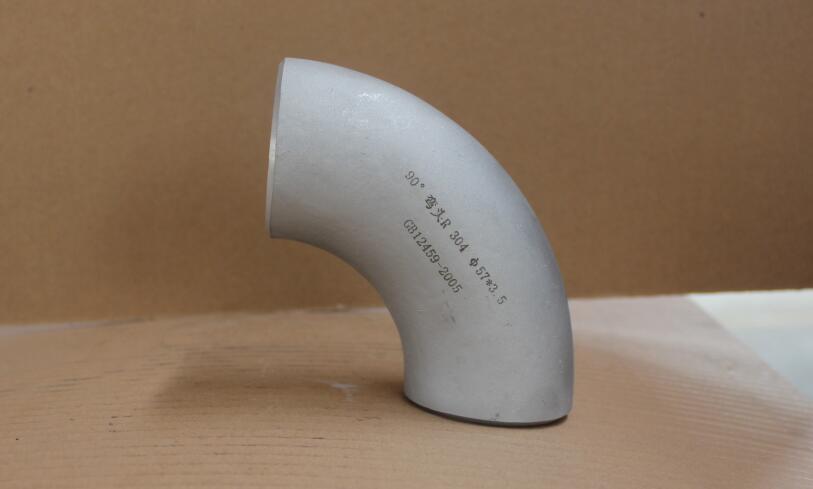Sustainable Pipelines: The Eco-Friendly Impact of Carbon Steel Elbows
In the realm of pipeline construction, the pursuit of sustainability has become a paramount consideration. Carbon steel elbows, often recognized for their structural integrity, also play a crucial role in fostering eco-friendly practices within the industrial landscape.
This article delves into the sustainable aspects of elbows and their positive environmental impact on pipeline systems.
1. Longevity Reducing Environmental Footprint:
Carbon steel elbows, known for their durability, contribute to the longevity of pipeline systems.
Their extended lifespan means fewer replacements, reducing the environmental footprint associated with the production and installation of new components.
2. Resistance to Corrosion for Reduced Material Consumption:
The corrosion-resistant properties of elbows are pivotal in minimizing material consumption.
By withstanding corrosive elements, these elbows necessitate fewer replacements, promoting sustainability through reduced raw material demand.
3. Energy Efficiency in Pipeline Operations:
Efficient fluid flow facilitated by carbon steel elbows leads to improved energy efficiency within pipeline systems.
The streamlined flow reduces the need for additional energy inputs, aligning with sustainable practices and minimizing operational carbon emissions.

4. Recyclability for Circular Economy Principles:
The materials used in elbows are highly recyclable.
At the end of their life cycle, these components can be recycled, aligning with circular economy principles and reducing the demand for new raw materials.
5. Compatibility with Eco-Friendly Coatings:
Carbon steel elbows are amenable to eco-friendly coating solutions.
Utilizing coatings with minimal environmental impact further enhances the sustainability profile of these components.
Protecting them against corrosion and extending their life.
6. Reduced Environmental Impact in Pipeline Construction:
The durability and resilience of elbows translate to reduced environmental impact during pipeline construction.
The need for frequent replacements is minimized, resulting in lower construction-related emissions and resource utilization.
7. Compliance with Environmental Standards:
In the ever-evolving landscape of environmental regulations, elbows are designed to comply with stringent standards.
Their production adheres to eco-friendly practices, ensuring alignment with global environmental benchmarks.

8. Seamless Integration with Green Initiatives:
As industries increasingly embrace green initiatives, the sustainability of pipeline systems becomes a focal point.
Carbon steel elbows seamlessly integrate with these initiatives, offering a reliable and environmentally conscious solution for fluid transport.
In conclusion, the eco-friendly impact of elbows extends beyond their role in ensuring the structural integrity of pipelines.
Their durability, resistance to corrosion, recyclability, and compatibility with sustainable coatings collectively contribute to the creation of sustainable pipelines.
By choosing components that align with environmental objectives.
Industries can not only enhance the performance of their pipeline systems but also contribute to a greener and more sustainable industrial landscape.
